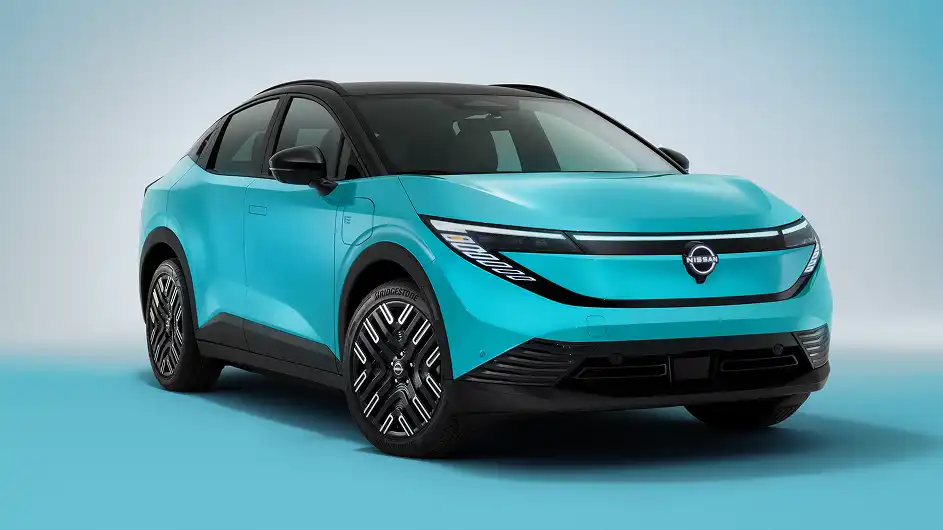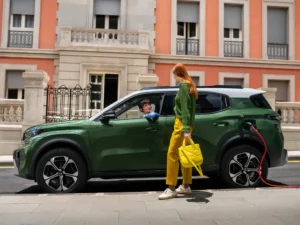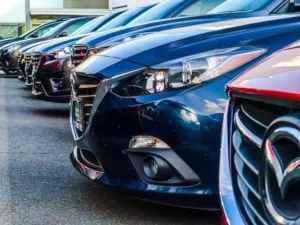Looks like no vehicles will be eligible to receive Labour’s full £3,750 electric vehicle grant
The net zero EV Grant scheme, announced in mid-July, began making payouts to manufacturers this week. However, only 22 car models are eligible for the grant, and none of them qualify for the full headline subsidy. As mentioned, drivers of vehicles like the Renault Megane and Vauxhall Astra Electric instead receive a smaller payment of £1,500.
Only two EVs – Citroen e-C5 Aircross and the new Nissan Leaf – are likely to be eligible for the full grant, but neither is currently on the market.
There are over 130 EV models on sale in Britain, according to the Society of Motor Manufacturers and Traders (SMMT). This has led to concern among industry leaders that the £650 million cost to taxpayers of the grants is not convincing motorists to give up petrol cars.
Cars currently qualifying for the Electric Car Grant include:
- – Alpine A290
- – Citroën ë-C3
- – Citroën ë-C3 Aircross
- – Citroën ë-C4
- – Citroën ë-C4 X
- – Citroën ë-C5 Aircross
- – Citroën ë-Berlingo
- – Nissan Ariya
- – Nissan Micra
- – Renault 4
- – Renault 5
- – Renault Megane
- – Renault Scenic
- – Vauxhall Astra Electric
- – Vauxhall Combo Life Electric
- – Vauxhall Corsa Electric
- – Vauxhall Frontera Electric
- – Vauxhall Grandland Electric
- – Vauxhall Mokka Electric
Ginny Buckley, chief executive of advice website electrifying.com, told The Times that Labour’s electric car grant, initially sounding like a game-changer, had turned out to be far less impressive as the weeks passed.
Far from boosting confidence, the rollout had created confusion among buyers and carmakers alike, slowing sales as would-be EV owners sat on their hands, waiting for clarity.
The Government originally promised the scheme would reduce the purchase cost of a new EV by up to £3,750 for vehicles priced up to £37,000. Carmakers are invited to apply to take part, with models vetted against eligibility criteria. However, carmakers have criticised this for not being transparent enough.
The requirements can include where the vehicles are manufactured and emissions targets that car brands are encouraged to sign up to, though few car models have succeeded in qualifying for the full grant.
Paul Barker, of magazine Auto Express, described it as “incredible” that no EVs had been deemed eligible for the full grant and explained how certain vehicles might fail to meet standards set by Whitehall officials.
“It’s not clear from the outside how calculations are being worked out,” he said. “Even manufacturers don’t seem to know how close they are to the higher grant. While they can reapply if things change, like sourcing batteries from a different country, there’s little transparency on why a car only gets the lower rate.”
He added: “If it’s down to where batteries are made, coal versus nuclear, for example, the real test will be the UK-built Nissan Leaf. If that’s not eligible, nothing will be.”

These grants were designed to increase EV adoption among drivers and help manufacturers meet legally binding sales targets. However, most electric alternatives to petrol and diesel cars are typically purchased by businesses or “fleet” vehicles.
In 2024, 381,970 electric vehicles were sold, but only slightly over 20% were bought by private buyers, while over 80% were purchased by corporate customers.
Neil McCue, the director of Snows, a car dealership, criticised the Government’s EV grant scheme, calling it
“ill-thought-out.”
He explained that customers have been delaying electric car purchases, particularly in July and August, and are demanding their £3,750 discount, which the dealership cannot provide.
All in all, the scheme that initially sounded promising is turning into a farce, like most of the labour government plans. Initially announcing that EV’s would have a £3,750 grant available has been watered down originally by limiting the retail price of the vehicle to a maximum of £37,000 and then restricting the maximum grant only to vehicles and manufacturers but meet some secretive and arbitrary target resulting in no cars being available at the higher grant level and so far only a handful of cars meeting the criteria to obtain a lower grant of £1,500.
Our guess is that this has not moved the needle on EV sales in any meaningful way.





